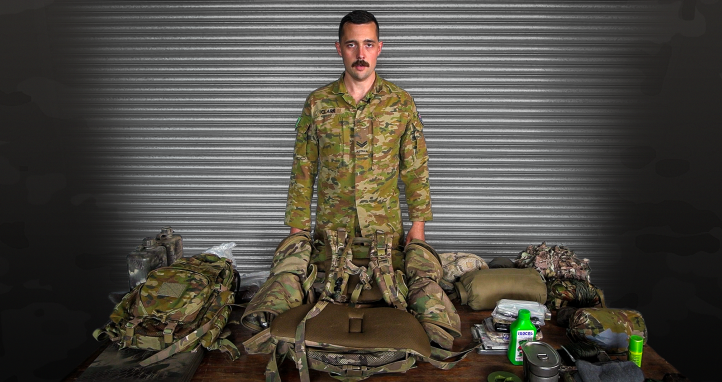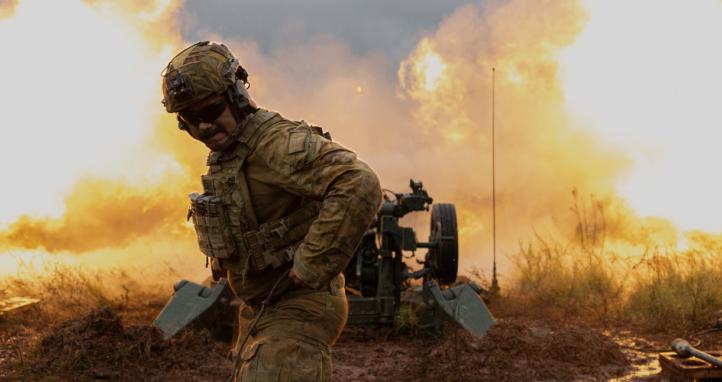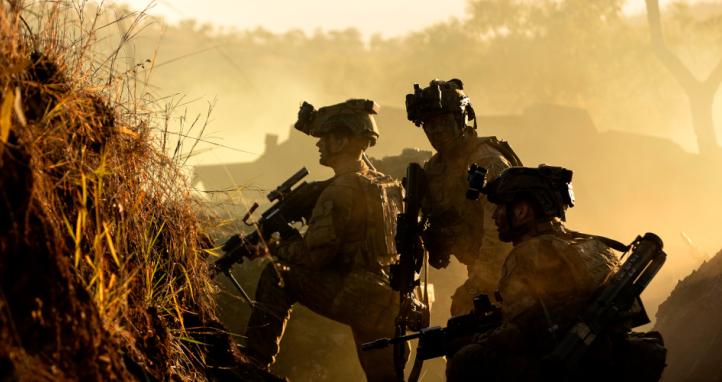Part 2:
3. Resilience: 17 ideas
4. War & Strategy: 3 ideas
Resilience:
33. Marcus Aurelius: Everything that happens is either endurable or not. If it’s endurable, then endure it. Stop complaining. If it’s unendurable … then stop complaining. Your destruction will mean its end as well[1].
34. Samuel Beckett, Worstward Ho, 1984: All of old. Nothing else ever. Ever tried. Ever failed. No matter. Try again. Fail again. Fail better[2].
35. Maintain a bias for:
- Action
- Resilience
- Prehabilitation
- Post-traumatic growth
- Anti-fragile where resilience or robustness are neither harmed nor helped by volatility and disorder. The resilient resists shocks and stays the same; the anti-fragile gets better. Anti-fragile is behind ‘everything that has changed with time: evolution; culture; ideas; revolutions; political systems; technological innovation; cultural and economic success; good recipes; the rises of cities, cultures, legal systems, equatorial forests, bacterial resistance…even our own existence as a species on this planet’[3].
36. Major General James L. Huggins, Commanding General, 82nd Airborne Division, Kandahar, Afghanistan, 06 May 2012: 'I am biased...but that does not make me wrong,'
37. Epictetus: Above all, one must attend to ‘desire and aversion’: one must correct our emotional responses by pondering questions of value and indifference, for desire or fear of objects outside one’s own control results in a host of strong emotions that make one ‘incapable of listening to reason’ while experiencing them[4].
- In other words: when something happens outside your control, you have complete freedom in how you respond to it.
38. Epictetus: But happiness is much better; and to be free from passions, free from disturbance, for your affairs not to depend on any person[5].
39. When insulted:
40. Baroness Louise Lehzen, Queen Victoria's governess, friend, ally, companion and advisor: I have, to be sure, not created, but nourished in the Princess, one quality which is to test, consider, and to stand firmly by that which the Princess finds right and good[9].
41. Steven Pressfield: the ‘zero-sum view of life is that of limited resources’. Instead, Pressfield argues for us to move our relationships from dichotomy – where opinions are only right or only wrong – to non-zero-sum relationships where ‘resources are infinite’. For example:
- The love a parent gives their child (and that the child returns) grows greater, the more each loves. There is and can never be a shortage of love.
- Compassion is infinite.
- Integrity is infinite.
- Ethical behaviour is infinite.
- Faith is infinite[10].
42. Resilience:
- Seneca: We suffer more often in imagination than reality[11].
- Epictetus: It is not things that disturb us, but our interpretation of their significance[12].
- Marcus Aurelius: Choose not to be harmed — and you will not feel harmed[13].
43. Musonius Rufus[14]: All people are alike, including those who have never given any attention to virtue. Clearly, then, there is no explanation for this other than that the human being is born with an inclination toward virtue. And this indeed is strong evidence of the presence of goodness in our nature, that all speak of themselves as having virtue and being good[15].
44. Bernard Salt: Missteps and adversity [provides each us] …the ability to learn something, anything, from the stumbles and the tumbles of life's trajectory. To come out the other side mentally stronger, or even just knowing your priorities, can deliver a dividend that enables contentment and maybe even success in the years that follow[16].
45. Seneca, Moral Letters, 95.46: Life without design is erratic. As soon as [design] is in place, principles become necessary…remove the faults that seize and detain our spirits, preventing them from pushing forward and making an all-out effort [17].
46. George Bernhard Shaw: Life is no ‘brief candle’ for me. It is a sort of splendid torch, which I have got hold of for the moment; and I want to make it burn as brightly as possible before handing it on to future generations[18].
47. Admiral James Stockdale:[19] the Stockdale Paradox:
You must never confuse faith that you will prevail in the end—which you can never afford to lose—with the discipline to confront the most brutal facts of your current reality, whatever they might be[20].
48. Bill Walsh: If you want to sleep at night before a game, have your first 25 plays established in your own mind the night before that. You can walk into the stadium and you can start the game without that stress factor. You will start the game and you will remind yourself that you are looking at certain things because a pattern has been set up.
- Our ability to think concisely, your ability to make good judgments is much easier on Thursday night than during the heat of the game.
- We prefer to make our decisions related to the game almost clinically before the game is ever played.
- We have scouted our opponent, we have looked at films, we know our opponent well.
- Without question you can make more objective decisions during the week as to what you would do in the game than you can spontaneously as the game is being played.
- During a game you are in a state of stress, sometimes you are in a state of desperation and you are asked to make very calculated decisions.
- Your decisions made during the week are the ones that make sense.
- In the final analysis, after a lot of time and thought and a lot of planning, and some practice, I will isolate myself prior to the game and put together the first 25 plays for the game[21].
49. Oprah Winfrey: Every person has one thing in common. They all want validation. Every single person you will ever meet shares that common desire. They want to know:
- Do you see me?
- Do you hear me?
- Does what I say mean anything to you?[22]
War & Strategy:
50. From a US Central Command planner in 2020: our campaign is conditions-based with the discipline of a timeline.
51. Jim Storr: warfighting is fundamentally a human activity, in which humans choose what to do, consciously or subconsciously; rationally, irrationally, or non-rationally. Fundamentally, three things occur on the battlefield: people think, move, and commit violence. All other activities support these functions[23].
52. Alex J. Beckstrand, grand strategy requires:




